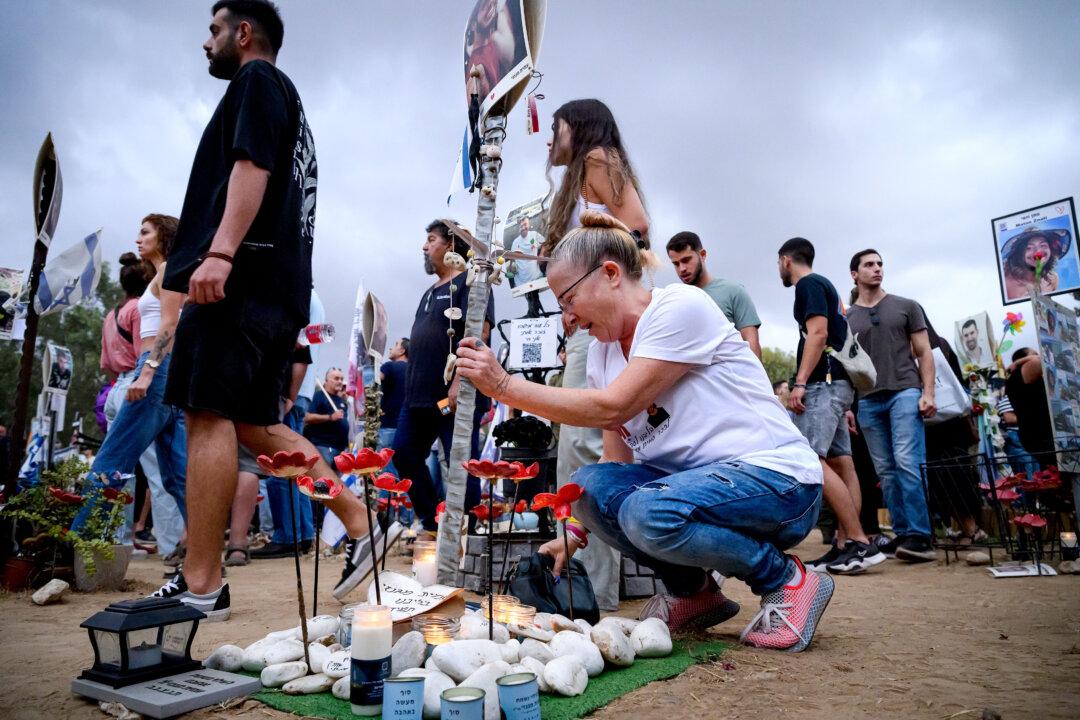Commentary
I have long wondered why terrorism draws worldwide condemnation, unless the target is Israel. It’s commonly seen that the condemnation of Hamas is “qualified,” tentative, and reluctant. Why is this?

Commentary
I have long wondered why terrorism draws worldwide condemnation, unless the target is Israel. It’s commonly seen that the condemnation of Hamas is “qualified,” tentative, and reluctant. Why is this?